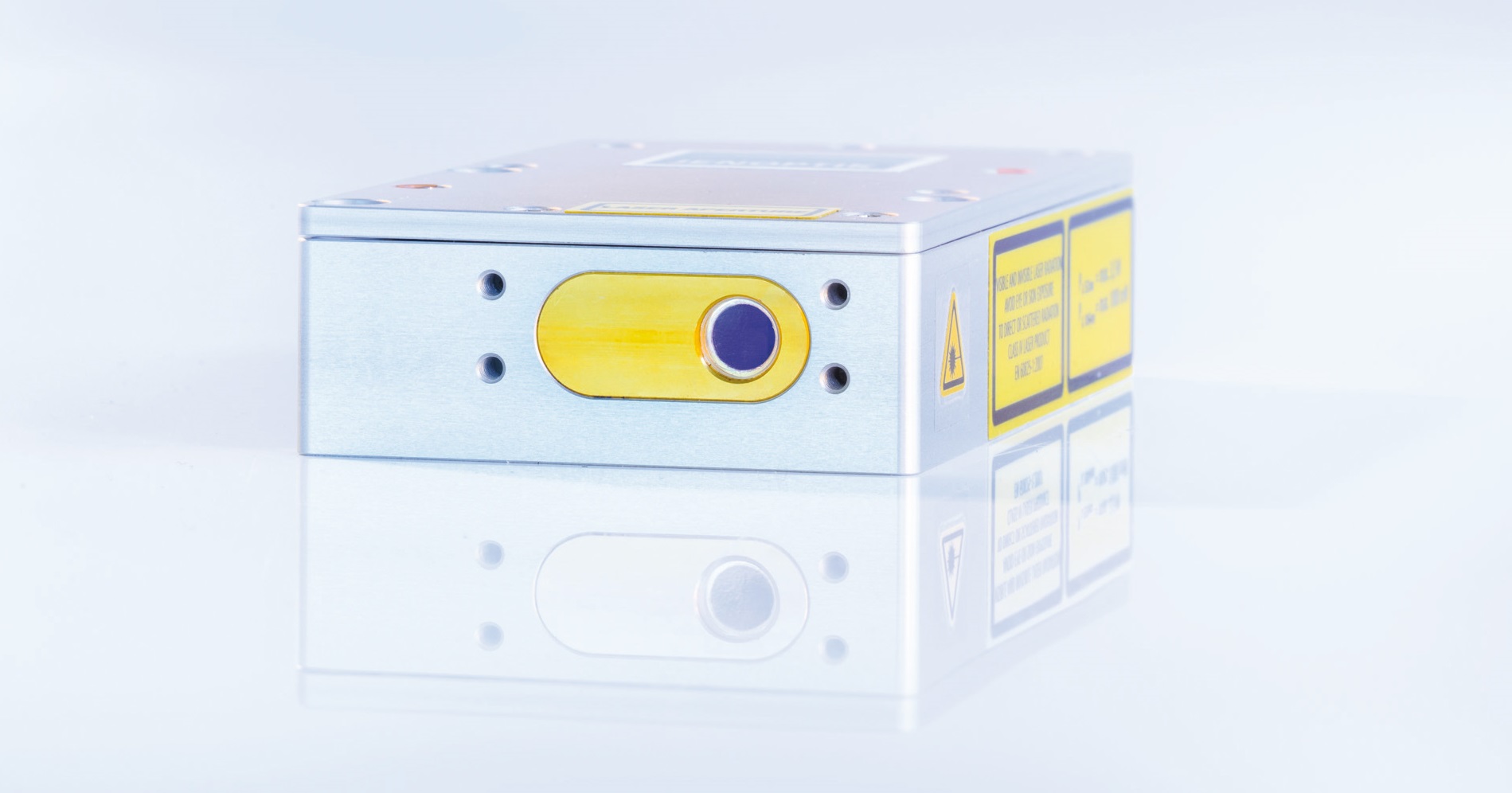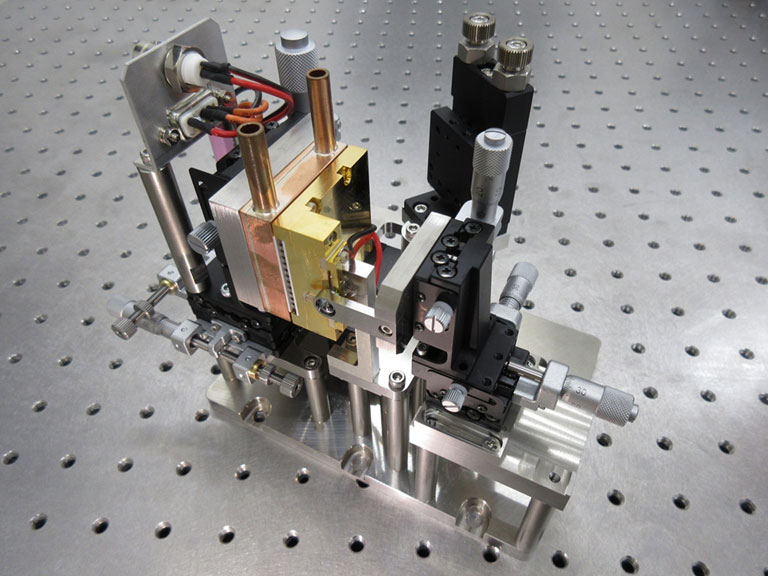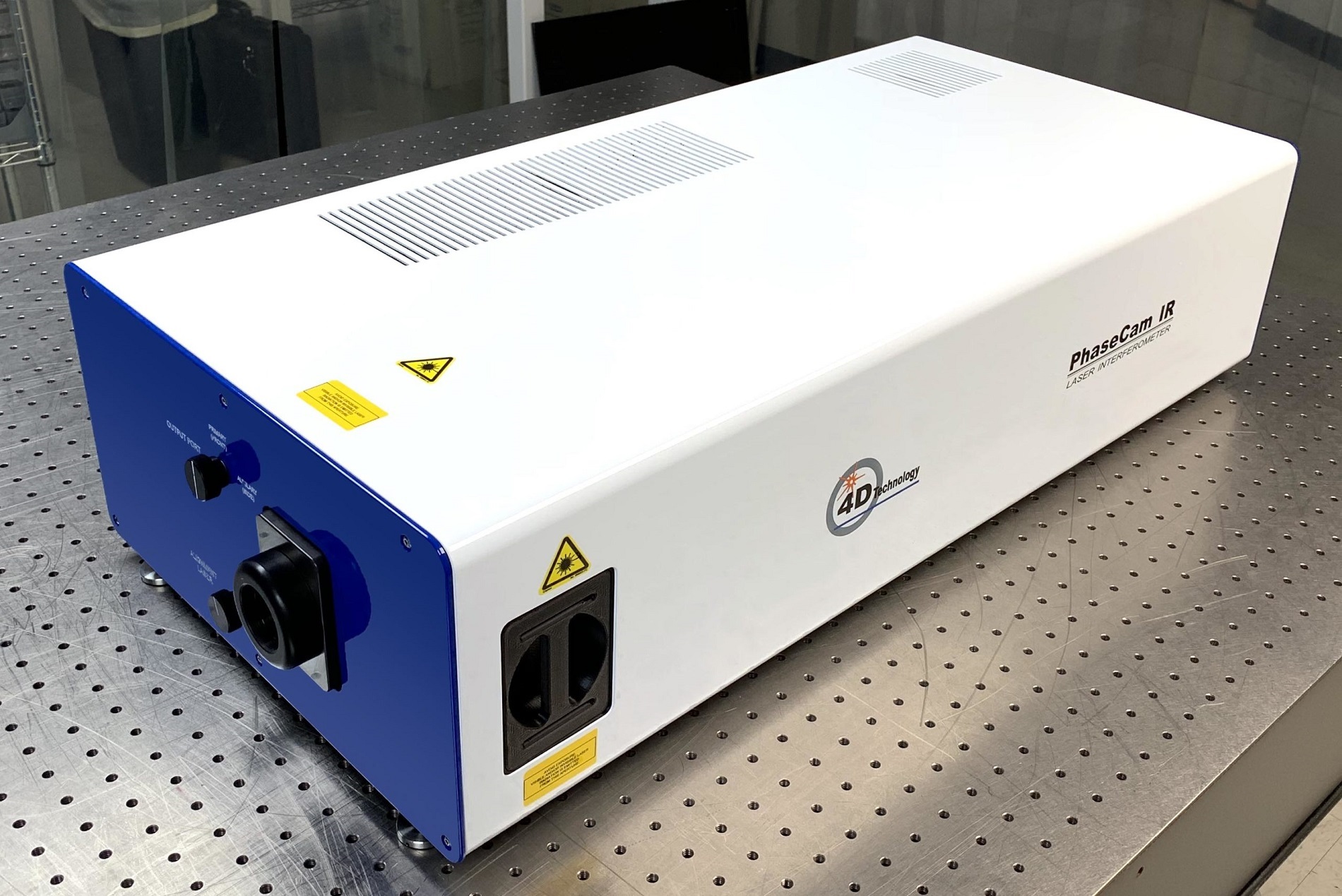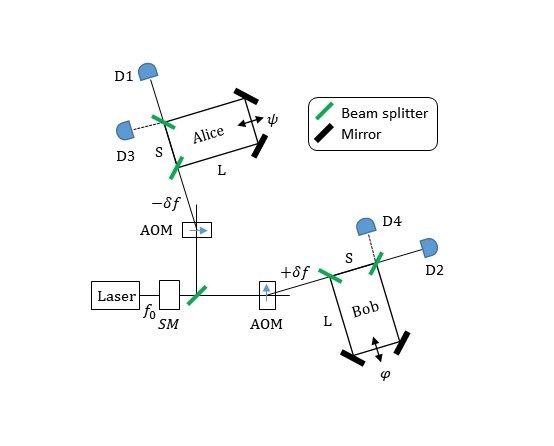June 13, 2017
At this year’s installment of the world’s leading trade fair for the photonics industry, the Jena-based photonics group is shining its spotlight on the technology megatrends of the digital world, healthcare & life science, and mobility. Visit Jenoptik at the LASER World of PHOTONICS in Hall A3, stand 336 in Munich from June 26 to 29, 2017.
Global megatrends such as the growth in digital networking, increasing health awareness, and efficiency improvements for production processes have resulted in a need for new, reliable technological solutions. Jenoptik will be showcasing some of these at this year’s LASER World of PHOTONICS, in the form of its optical precision systems and micro-optics, laser and machinery solutions for efficient laser material processing, and effective technologies for diagnostics and therapy. With these solutions, Jenoptik is supporting trendsetting developments in the automotive, medical technology, industrial, and consumer electronics sectors.
Better quality of life with solutions for ophthalmology and aesthetics
Thanks to their exceptional electro-optical properties, Jenoptik’s beam sources are an especially attractive option for the healthcare and medical technology market: with its system and technology components for ophthalmology, Jenoptik is supporting the early detection of eye diseases as well as effective treatment using laser-based therapies. For example, swept sources for OCT (optical coherence tomography) applications permit high-resolution imaging of the eye’s interior surface for detailed diagnosis of eye diseases. Corrective and gentle laser treatment of the eye can be performed using the green diode-pumped Jenoptik thin-disk laser JenLas® D2.mini, which is perfect for treating the retina (retinal photocoagulation) thanks to its efficiency, precision, and reliability.
Jenoptik also provides OEM solutions for the fields of aesthetics and dermatology. Jenoptik’s compact QCW diode laser stacks are ideally suited to professional, laser-based, and gentle hair removal, for example, as well as dermatological applications. Devices equipped with these stacks benefit from high pulse power and efficiency in addition to a long service life.
Efficient semiconductor material made by Jenoptik for industrial and medical applications
Jenoptik will also be showcasing its highly efficient laser bars at the trade fair, which have been proven their worth in medical and industrial applications over the course of many years. The epi design of this semiconductor material is always optimized in terms of its efficiency and radiation characteristics. Narrow far-field angles and attractive pricing help Jenoptik’s customers to make their individual solutions a reality. Jenoptik’s current generation of semiconductors boasts high electro-optical efficiency.
These parameters can only be achieved through tight integration of scientific research and industrial manufacturing. Bars, semi-bars and single emitters are manufactured at Jenoptik’s ultra-modern production facilities in Berlin Adlershof, where they are subjected to strict quality controls throughout the entire process chain – from epitaxy, processing and facet coating through separation. These products are individually tailored to perfectly suit customers’ needs before being further refined. Jenoptik is one of the very few independent specialists for the entire process and technology chain, from the laser semiconductor material right through to customer-specific application solutions.
New generation of e²® pulse compression gratings from Jenoptik
Two years after the e²® pulse compression gratings were first launched, this product is still setting standards in the femtosecond laser market thanks to a continued program of refinement (e² stands for efficiency enhanced). Jenoptik’s e² PCGs (pulse compression gratings) are encapsulated quartz glass transmission gratings with a diffraction efficiency of almost 100 percent. This is incredibly important for the performance of the laser itself. Within a typical compressor structure with a quadruple pass, standard industrial gratings cause losses of up to 20 percent. In a 4-pass compressor, this means an overall efficiency of only around 80 percent. With the Jenoptik e² pulse compression grating, an efficiency of 95 percent can be achieved in a comparable structure for various grating periods and wavelengths.
In addition to the high diffraction efficiency, the encapsulation of the grating nanostructures also permits easier handling. This encapsulation also protects against external contamination and damage, making it ideal for industrial applications.
The e² PCGs are available in custom designs and dimensions – with a line density of 1480 to 3000 lines per millimeter – and cover applications from the IR to the UV wavelength range. The use of high-quality quartz glass material also means that this product can be used in high-performance laser systems.
In addition to pulse compression and stretching, the e² pulse compression gratings can also be used for wavelength selection and coupling, for example. Thanks to its excellent combination of durability and efficiency, it has already been successfully used by customers in a range of industrial femtosecond laser applications.
Complex 3D processing of bumpers with exceptional machine solution
Improved flexibility is becoming increasingly important in production and in efforts to refine lightweight construction through material savings. For this reason, Jenoptik has developed innovative machine concepts for the automotive market, in particular for plastic bumper processing. Following the first successful customer installations, this solution was awarded the SPE Automotive Innovation Award in the category “Processes, Assembly & Enabling Technologies” late last year. The special feature here is the combination of two technologies that Jenoptik has already successfully introduced to the market: 3D laser cutting and 3D laser welding. By linking a laser cutting and laser welding system, Jenoptik can offer a highly flexible solution for processing bumpers in a wide variety of designs, and for other complex interior and exterior components.
To process bumpers precisely within the specified cycle time, as a first step 3D laser cutting is performed using the JENOPTIK-VOTAN® BIM. This highly dynamic laser robot system efficiently processes complex 3D components in a range of designs in any order, all in the same machine. The non-contact process minimizes the costs that would otherwise occur due to long setup times or tool wear. In addition, laser cutting guarantees a high edge quality even on painted components – regardless of their design or complexity.
In the second processing step, a wide range of components, such as brackets for parking sensors or headlamp washing units, are welded onto the inner side of the bumper by the welding system JENOPTIK-VOTAN® W. Laser welding ensures high-strength welded joints without having to penetrate deeply into the carrier material preventing the risk of damages on the A-surface of the part. This significantly reduces the material thickness of the bumper, from a current value of 3 mm down to less than 2.5 mm, allowing car manufacturers to save material and reduce weight.
New gentle process for airbag perforation in sensitive materials
In future, it will also be possible to process airbag solutions in the instrument panels of luxury vehicles using high performance JENOPTIK-VOTAN® A technology. For the very first time, lasers can now be used to make invisible airbag breaking points in genuine leather without hardening or shrinking this sensitive material at the processing area. The special feature of Jenoptik’s solution is that the perforation is performed by way of “cold ablation” using a femtosecond laser, such as the JenLas® femto 16. This ultrashort pulse laser has achieved incredibly precise results in demanding manufacturing tasks in the automotive and consumer electronics industries, in particular processing heat-sensitive materials such as leather. Its minimal thermal impact during the laser perforation means that the material structure is not influenced resulting in a high quality part.
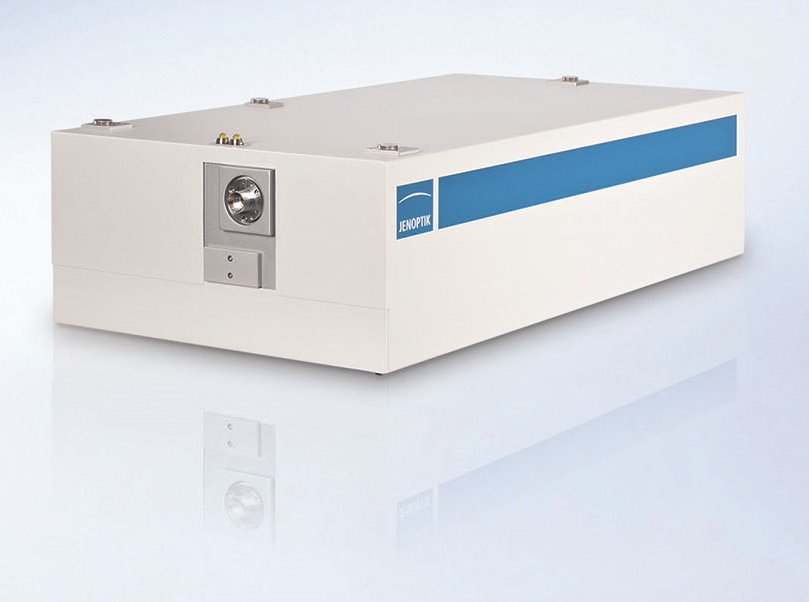
JenLas® femto 16
Source: JENOPTIK Laser GmbH
Photographer: ctw - gesellschaft für kommunikationsdesign mbH
The movement of the laser beam is done by using a scanner, while a sensor matrix is used for process diagnostics and documentation. The new JENOPTIK-VOTAN® A scan offers customers an efficient and economical solution for materials such as genuine and synthetic leather, textiles and skins, with the full technical functionality of the complete JENOPTIK-VOTAN® A series. The operating process has also been simplified and the machine’s volume and floor space minimized.
For more information, visit www.jenoptik.com/laser-2017

